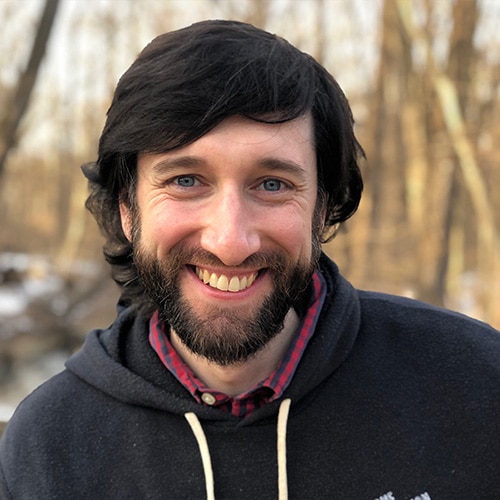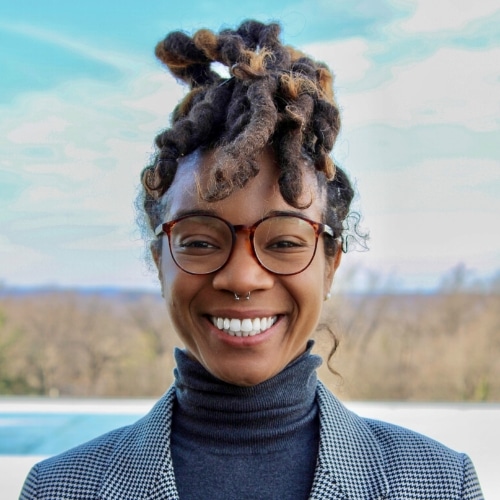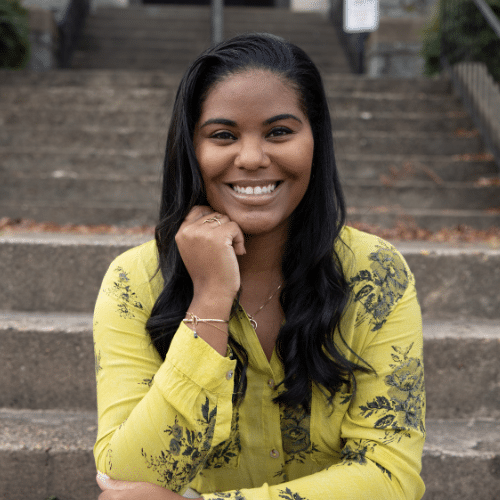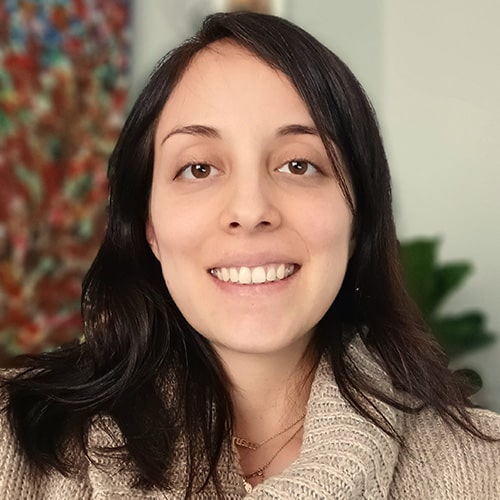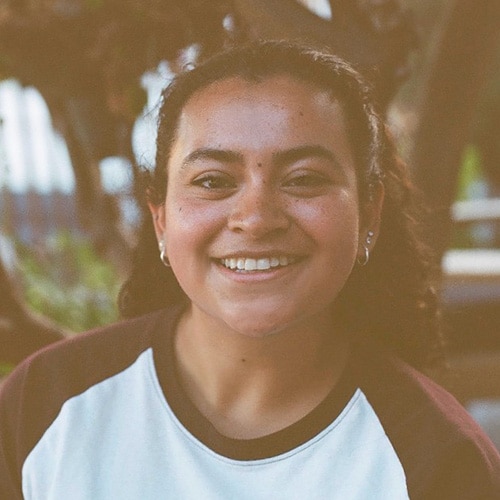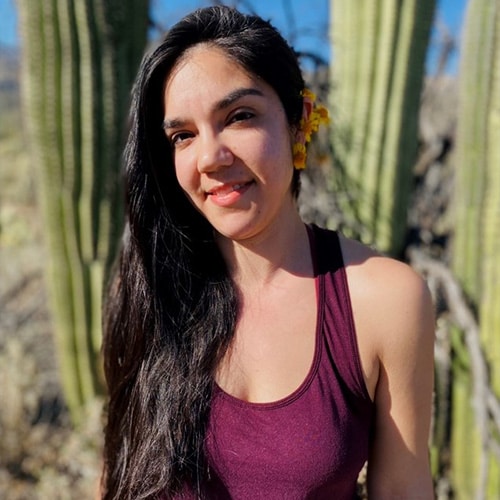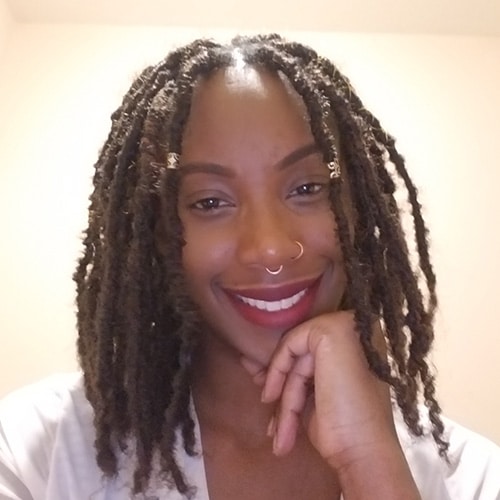

Peace Together
Peace Together is dedicated to providing therapeutic interventions for young people, aged 24 and under, who have been affected by gun violence. Our approach focuses on personalized and comprehensive support, drawing on the transformative power of arts, nature, and social justice practices.
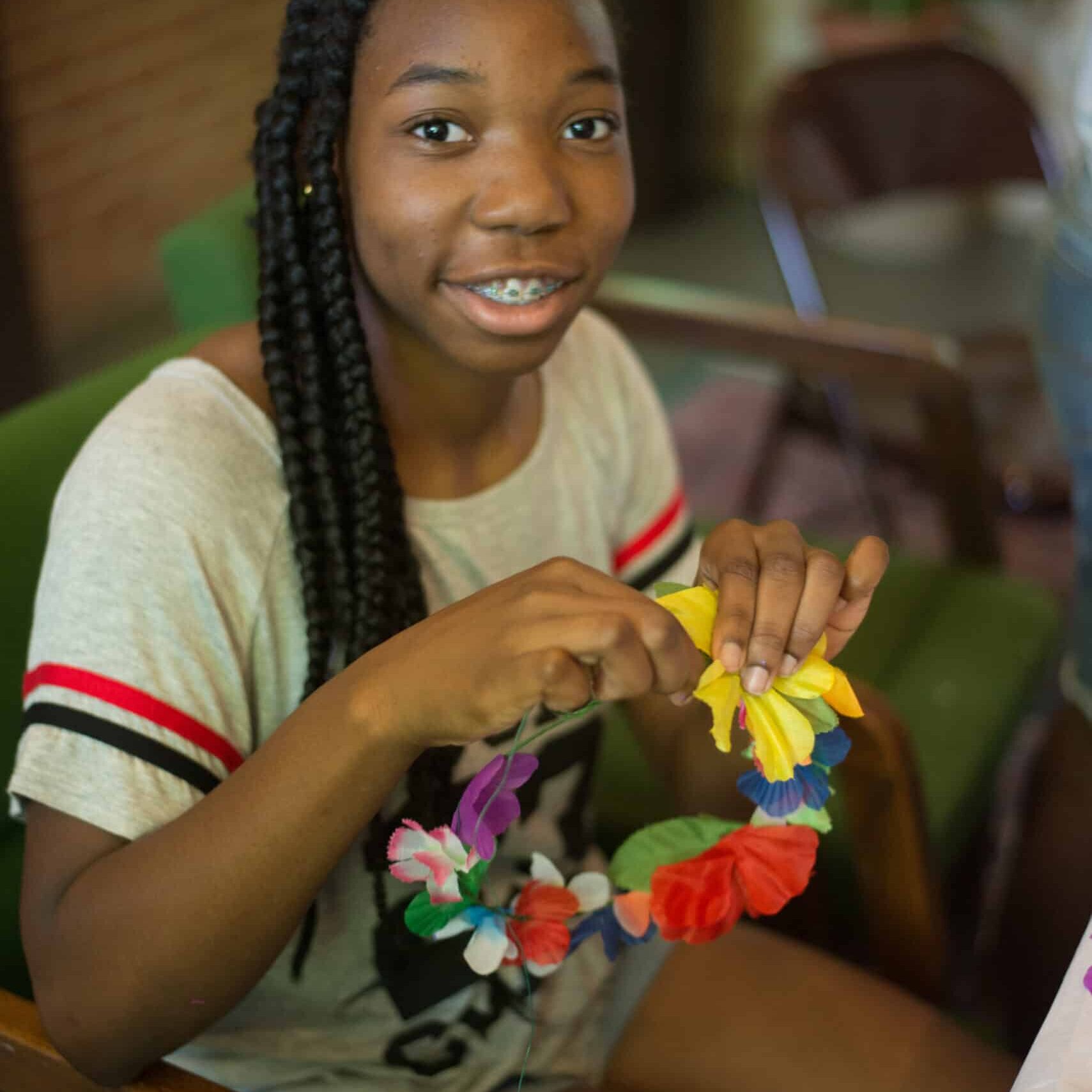
Therapeutic Interventions to Promote Peaceful Futures
The Peace Together program, funded by the Office of Victim Services and Justice Grants (OVSJG), aims to create safe spaces where young people can utilize their creativity and self-expression skills to heal from violent incidents.
The program's staff collaborate with trusted adults in the community who already have relationships with the impacted youth. By leveraging these existing relationships, Peace Together helps young people feel at ease expressing themselves, enabling them to fully tap into their healing potential.
Through its interventions, Peace Together empowers youth to apply the skills they have acquired, allowing them to contribute to the creation of more peaceful communities while simultaneously coping with their grief, loss, and trauma.
How does Peace Together Work?
Peace Together offers a comprehensive approach to supporting youth, combining both short-term rapid response interventions and longer-term therapeutic supports. These supports include individual therapy, group therapy, arts-based social-emotional learning groups, and a Power of Nature Healing Retreat.
By participating in these interventions, youth are encouraged to apply their newly acquired skills in various aspects of their lives, such as school, home, and the community.
The Office of Neighborhood and Safety Engagement (ONSE) partners with Peace Together to provide referrals for program participants, ensuring that those who could benefit from these services have access to them.
Youth involved in the program have the opportunity to engage in one or more of the interventions offered. Through this program, they learn to mindfully assess their needs and develop coping skills to address those needs as they arise. This empowers them to take ownership of their healing process.
Our Interventions
4 Spaces: During this intervention, participants practice the act of mindfulness by assessing their current needs, learning positive coping skills, and using therapeutic techniques to help process a critical incident in their community. This 3-4 hour intervention is self-directed, allowing the youth participants to have autonomy in their healing journey.
Social-Emotional Learning (SEL Groups) allow participants to practice interpersonal skills using creative techniques in a non-clinical setting. OCU’s program allows students to reflect on social justice issues and explore skills essential to building a peaceful, compassionate, and healthy life.
Power of Nature Healing Retreat: Open to youth who have participated in other Peace Together interventions, this retreat promotes positive community-building while encouraging youth to connect with nature. Participants will bring strategies they learn on the retreat to share with their communities.
Professional Development Training and Consultation: The Peace Together team provides training focused on topics such as grief and loss, trauma, self-care, arts/expressive interventions, and positive coping strategies with community-based partners.

4 Spaces—explained
In our 4 Spaces Intervention, youth mindfully assess their emotional state and choose their own journey within the available spaces. By assessing their needs and having autonomy over their healing path, youth feel empowered to the different coping strategies available. This intervention takes place in community settings like schools or recreation centers and is co-facilitated by trusted adults from the community. The critical element is that youth learn positive coping skills in the 4 Spaces that apply in various areas of their lives.
Mind Break Space
The Mind Break Space is an intentional space where participants are among other members of the community, while explicitly not discussing the incident. Strategies in this space include playing games, listening to music, movement activities, conversations unrelated to the incident, and breathing exercises.
Arts Expressive Space
The Arts Expressive Space includes two subsections: Internal Artistic Expression and Artistic Community Contribution. Strategies in this space include writing poetry, drawing pictures, creating mandalas, writing letters for grieving community members, and developing a community art project.
Group Processing Space
The Group Processing Space provides youth with a safe environment where they are able to verbally engage in a discussion surrounding the incident, process their emotions, share stories, build community, and discuss topics that are important to them.
One-on-One Processing Space
The One-on-One Processing Space is designed as a check-in to assess individual needs, discuss how skills can be used to manage distress, prepare them for continued support, and provide further resources to the participants.
In addition, Individual and Group Therapy sessions are offered to youth seeking ongoing support after being impacted by gun violence. OCU’s team includes credentialed clinical staff trained in Arts Expressive Therapy, trauma, grief, and loss.
Meet Our Facilitators
Jake Frelick
Senior Director of Programs
Johneé Wilson
Director of OST and Enrichment
Ashlyn Harty
Director of Community-Based Behavioral Health
Luisa Mariño Garcia
Community-Based Program Manager
Cristina Aviles
Intake Coordinator
Eugenia Bravo
Community Based Therapist
Ladonna Matchett
Community Based Therapist
Make a Referral
To make a referral, please click here.
For more information, contact us at
This webpage was produced by 2023-OCU-01, awarded by the Office of Victim Services and Justice Grants, Executive Office of the Mayor, District of Columbia. The opinions, findings, and conclusions or recommendations expressed in this webpage are those of the contributors and do not necessarily represent the official position or policies of the Executive Office of the Mayor.

